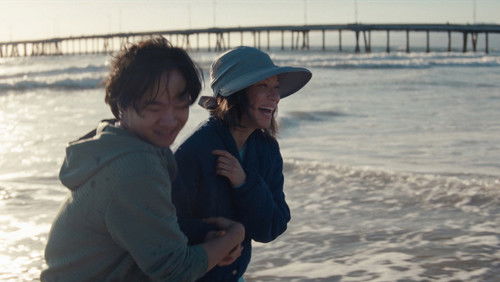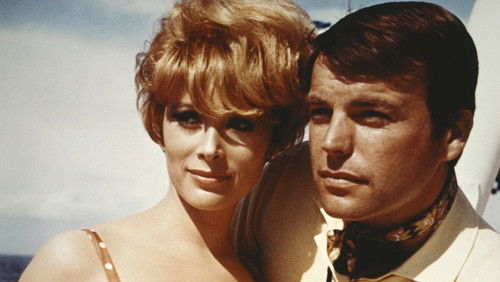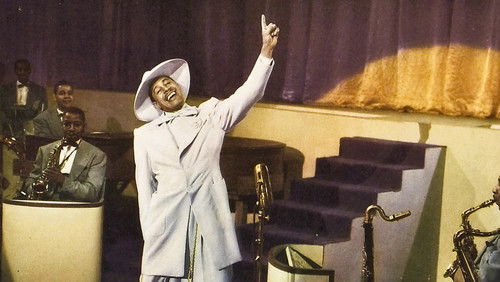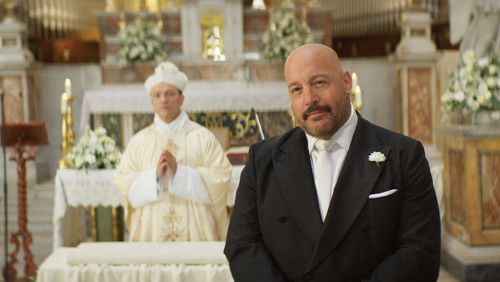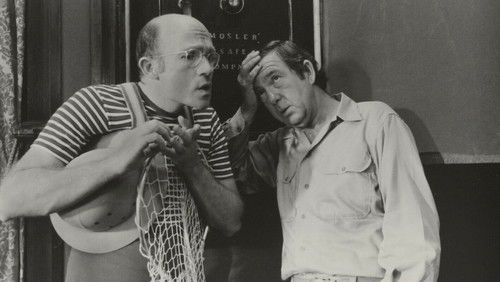Die kleine Prinzessin (1939)
50KDie kleine Prinzessin: Directed by Walter Lang, William A. Seiter. With Shirley Temple, Richard Greene, Anita Louise, Ian Hunter. A little girl is left by her father in an exclusive seminary for girls, when her father fights in the Second Boer War. Later, when he is presumed dead she is forced to become a servant.
“THE LITTLE PRINCESS (20th Century-Fox, 1939), directed by Walter Lang, based upon the story by Frances Hodgeson Burnett, ranks one of Shirley Templeu0026#39;s best known and most revived feature, as well as her first in Technicolor. Capitalizing on her previous success with screen adaptations to literary childrenu0026#39;s novels, including HEIDI and WEE WILLIE WINKIE (both 1937), THE LITTLE PRINCESS displays Templeu0026#39;s talent in heavy dramatics at best, especially with her two key scenes, one in which she teary-eyed bids goodbye to her father as he goes off to war; and another where she stands firm, looking angrily straight at her evil boarding school mistress as she is about to slap her face for standing up to her. Like a fairy tale, this production includes good characters along with a wicked one (wonderfully played by Mary Nash), along with some dialog usually found in storybooks, such as one little girl saying on how Sara Crewe (Temple) looks just like a princess, with the overly jealous girl sarcastically responding, u0026quot;Princess, INDEED.u0026quot;u003cbr/u003eu003cbr/u003eSet in London in the year 1899, Sara (Shirley Temple) is the daughter of her widowed father, Captain Crewe (Ian Hunter), who leaves her in a boarding school under the care of Miss Amanda Mirchin (Mary Nash) and her brother, Bertie (Arthur Treacher), a former music hall performer, before he goes off to the Boer War. Because Crewe is a well known figure and man of wealth, Sara is given the royalty treatment, as if she were u0026quot;a little princess,u0026quot; causing jealously amongst one of the other girls, Lavinia (Marcia Mae Jones), who doesnu0026#39;t want to lose her place with Miss Mirchin. After Miss Mirchin receives news from Mr. Babbows (E.E. Clive) that Captain Crewe has been killed in the war, leaving daughter Sara penniless, she, at first, decides to put Sara and her belongings into the street, but Babbows advises her that this would not look good for her or the school. So the only other alternative is to place Sara from her luxurious room into a cold attic, taking her expensive clothing and auctioning it off to pay for her lodging, leaving Sara with only paupersu0026#39; clothes to wear. In order to earn her keep, Sara must work long hard hours in the kitchen along with another girl, Becky (Sybil Jason), who befriends her. Being treated harshly, Sara becomes a hard and bitter child who tries to be a good soldier as her father had wanted her to be, but finds sheu0026#39;s unable to do it, being at times both hungry and cold. Not wanting to believe her father is dead, Sara braves the streets of London at night in hope to one day find him amongst the wounded in the military hospital.u003cbr/u003eu003cbr/u003eAlso in support in THE LITTLE PRINCESS are Richard Greene and Anita Louise as the young romantic couple, with Louise as Miss Rose, an employee of the boarding school who loses her position for secretly meeting with Sir Geoffrey Hamilton (Greene) against the wishes of Miss Minchin; Cesar Romero as Ram Dass, an Arab servant to Lord Wickham (Miles Mander), Sir Geoffreyu0026#39;s grandfather; Eily Malyon as an unsympathetic boarding school cook; and Beryl Mercer as Queen Victoria, among others. u003cbr/u003eu003cbr/u003eAside from the heavy handled dramatics that resembles a dark Charles Dickens novel, THE LITTLE PRINCESS does take time for some song and dance, including u0026quot;Down By the Old Kent Roadu0026quot; (by Arthur Chevalier and Charles Ingle) as sung and danced by Shirley Temple and Arthur Treacher; and as with Templeu0026#39;s earlier classic, HEIDI, thereu0026#39;s a musical dream sequence, this one titled u0026quot;Fantasyu0026quot; by Walter Bullock and Samuel Pokrass.u003cbr/u003eu003cbr/u003eAs with HEIDI, THE LITTLE PRINCESS is prestigious Temple production. It also reunites her with her HEIDI co-stars, Mary Nash, Arthur Treacher and Marcia Mae Jones. And also like HEIDI, THE LITTLE PRINCESS gives the impression of a hurried conclusion. u003cbr/u003eu003cbr/u003eMary Nash gives a standout performance with her female interpretation of Mr. Murdstone from Dickensu0026#39; novel, David COPPERFIELD, with Treacher a likable Micawber character from that very same novel. Temple and Treacher have fine screen chemistry, with this being their fourth and final collaboration together. The 1899 London period setting is wonderfully captured along with its lavish crisp Technicolor. Sybil Jason, a promising young child actress of Warner Brothers (1935-38), who didnu0026#39;t rise above the rank of Temple, is quite memorable playing the cockney orphan, Becky. Her performance is unlike anything she has done before, but sadly, after one more film, THE BLUE BIRD (1940), which also starred Temple, Jasonu0026#39;s career would come to an end.u003cbr/u003eu003cbr/u003eUnlike the other Shirley Temple movies of the 1930s, THE LITTLE PRINCESS became a public domain video title, being distributed through various video companies through the years (1980s and 1990s), and like the Christmas classic, ITu0026#39;S A WONDERFUL LIFE (1946), which also fell victim to public domain, THE LITTLE PRINCESS became frequently shown on numerous television stations at any given time. The 1989 CBS Fox Home Video presentation of THE LITTLE PRINCESS does present this film with the best Technicolor print available, outdoing some others with duller looking copies. THE LITTLE PRINCESS was formerly presented on cable televisionu0026#39;s American Movie Classics from 1996 to 2001, and occasionally airs on Turner Classic Movies and on the Fox Movie Channel. Wherever THE LITTLE PRINCESS is found, it makes good family viewing. u003cbr/u003eu003cbr/u003eOne final note: the Frances Hodgeson Burnett classic included a 1917 silent film version starring Mary Pickford, and a 1995 remake with Eleanor Bron, both titled A LITTLE PRINCESS. But whenever THE LITTLE PRINCESS is mentioned, itu0026#39;ll be no doubt that the Shirley Temple version will be the one that comes to mind. (****)”



